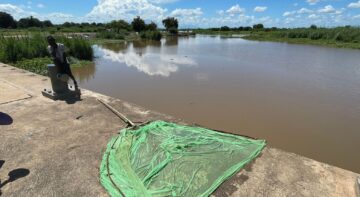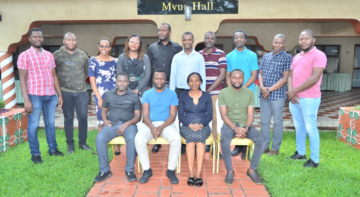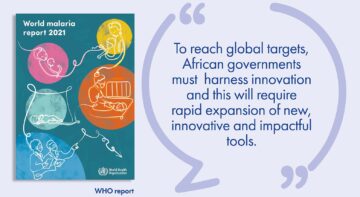Blogs

In commemoration of the International Day for South-South Cooperation, the Partnership for Increasing the Impact of Vector Control (PIIVeC) is reflecting on its ongoing contribution to south-south cooperation, and the impact that has been generated so far.
Sharing lessons to enhance integration of vector control planning and implementation
In an effort to enhance the integration of vector control planning and implementation, PIIVeC has established multi-sectorial Technical Vector Control Advisory Groups (TVCAGs) in Burkina Faso, Cameroon and Malawi. The role of the TVCAGs is to provide technical advice to Ministries of Health in the focus countries on effective vector control tools, strategies, and interventions to reduce the burden of vector-borne diseases. Even though the TVCAGs are country-focused, there is continuous cooperation across TVCAGs to share knowledge and experiences on how to manage operations, engage key stakeholders and maximise resources. This collaborative spirit was particularly exemplified during the launch of the Malawi TVCAG in October 2019. Representatives from the Burkina Faso and Cameroon TVCAGs travelled to Malawi to share their knowledge and experience with Malawi, given that those countries already had operational TVCAGs.
The experiences of Burkina Faso and Cameroon guided Malawi in structuring and constituting its TVCAG, taking onboard key lessons. For example, the Malawi TVCAG guided by the lessons and experiences of the two countries has drawn its members from diverse sectors and institutions including development partners, academia and civil society. This has fostered close collaboration among key stakeholders in the development and operationalisation of the TVCAG’s strategy.
Vector control research collaboration among early career researchers
To strengthen capacity for vector control research, PIIVeC supports fellows who have recently completed their PhDs that contribute to vector control research in the focus countries. This fellowship has provided a platform for strong collaboration in research and problem-solving. The fellows have established regular virtual networking meetings among the cohort, using them as a way to share lessons, offer advice, and collaborate. This is illustrated by the ongoing collaboration between two fellows in Cameroon and Burkina Faso. The Cameroon study is focused on the ‘Impact of vector symbionts on malaria transmission and control’ while the Burkina Faso study is on the ‘Impact of native Wolbachia symbionts in host mosquito Anopheles gambiae’. Both studies aim to characterize the microbiome in Anopheles mosquitoes. The fellows leading these studies have therefore decided to collaborate in order to explore microbiome diversity in the two countries. This research collaboration has the potential to generate novel evidence for game-changing malaria vector control interventions in the entire African region. This could also set the stage for more vector control research collaboration between Cameroon and Burkina Faso.
South-south Institutional collaboration for vector control research
Beyond collaboration among individual researchers, PIIVeC has also provided a platform for south-south institutional collaboration in vector control research. The Research Institute of Health Sciences (IRSS) and the National Center for Research and Training on Malaria (CNRFP) in Burkina Faso are currently working together to develop a joint research programme on dengue vectors. This collaboration will help the two institutions to synchronize their vector surveillance activities; draw on mutual efforts and resources to strengthen studies; scale-up ongoing research to other sites and to develop joint publications.
The most important consideration of PIIVeC south-south collaboration
PIIVeC has created a platform for individual researchers and institutions to help one another to bridge gaps in vector control research and capacity. We believe that these partnerships will enable sustainable improvement in the implementation of effective vector control strategies.
Related Posts





